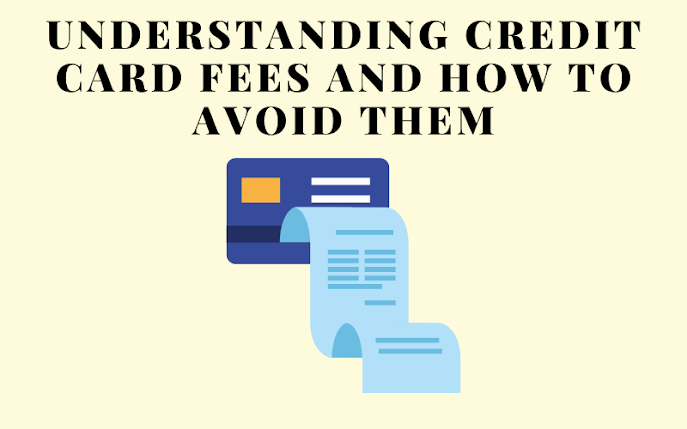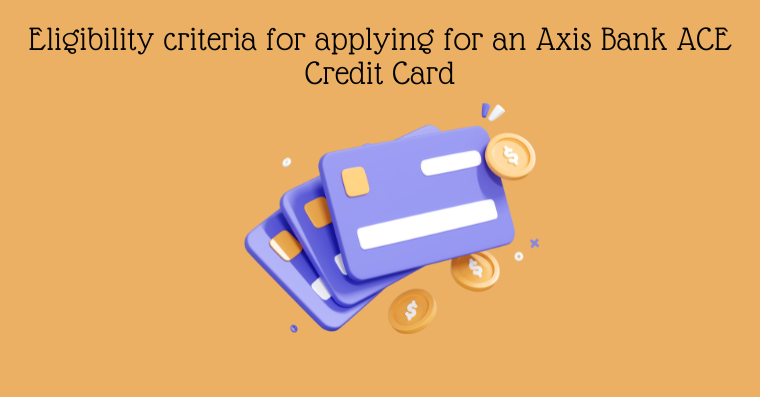Understanding Credit Card Fees and How to Avoid Them
Credit cards have become an essential financial tool for many individuals, providing convenience and flexibility in managing their expenses. However, it's crucial to understand that credit cards often come with various fees that can add up and impact your overall financial well-being. To make the most of your credit card and avoid unnecessary costs, it is essential to familiarize yourself with the different fees associated with credit card usage and adopt smart financial practices to steer clear of them. By gaining knowledge about credit card fees and implementing effective strategies, you can take control of your financial journey and make the most of your credit card experience.
Certainly! Here are some key points to understand credit card fees and tips on how to avoid them:
Annual Fee: Some credit cards charge an annual fee for the privilege of using their services. To avoid this fee, consider opting for credit cards with no annual fees. Many issuers offer a wide range of cards without an annual fee, so you can find one that suits your needs.
Interest Charges: Interest is the cost of borrowing money on your credit card. To avoid paying interest, always pay your credit card bill in full and on time each month. If you carry a balance, try to pay more than the minimum payment to reduce the interest charges. Alternatively, consider transferring your balance to a card with a lower interest rate or a promotional 0% APR (Annual Percentage Rate) offer.
Late Payment Fee: Late payment fees are incurred when you fail to make at least the minimum payment by the due date. To avoid this fee, set up payment reminders or automatic payments. It's also essential to keep track of your due dates and allocate enough funds in advance to cover your credit card payments.
Foreign Transaction Fees: If you frequently travel abroad or make purchases in foreign currencies, be aware of foreign transaction fees. These fees are typically a percentage of the transaction amount and can add up quickly. Look for credit cards that offer no foreign transaction fees, especially if you travel frequently or make international online purchases.
Balance Transfer Fees: Balance transfer fees are charged when you transfer existing credit card debt to a new card with a lower interest rate. While this can be a useful strategy to save on interest charges, be mindful of the balance transfer fees. Look for credit cards that offer promotional or low balance transfer fees, as they can help you save money in the long run.
Cash Advance Fees: Cash advances allow you to withdraw cash from your credit card, but they often come with high fees and interest rates. Avoid using your credit card for cash advances whenever possible. Instead, use a debit card or withdraw cash from your bank account directly.
Overlimit Fees: Overlimit fees are charged when you exceed your credit card's assigned credit limit. To avoid these fees, keep track of your spending and stay within your credit limit. You can also consider asking your credit card issuer to set up alerts or notifications when you approach your limit.
Returned Payment Fees: If a payment made to your credit card issuer is returned due to insufficient funds, you may be charged a returned payment fee. Make sure to have sufficient funds in your account when making credit card payments to avoid this fee.
Bottom line:
In conclusion, understanding credit card fees is a vital step in managing your finances effectively. By familiarizing yourself with the common fees associated with credit card usage and adopting smart financial practices, you can avoid unnecessary charges and make the most of your credit card benefits. Remember to read the fine print, compare credit card offers, and track your spending to stay on top of your finances. By being proactive and responsible, you can navigate the credit card landscape with confidence and avoid falling victim to costly fees that could hinder your financial progress.



Comments
Post a Comment